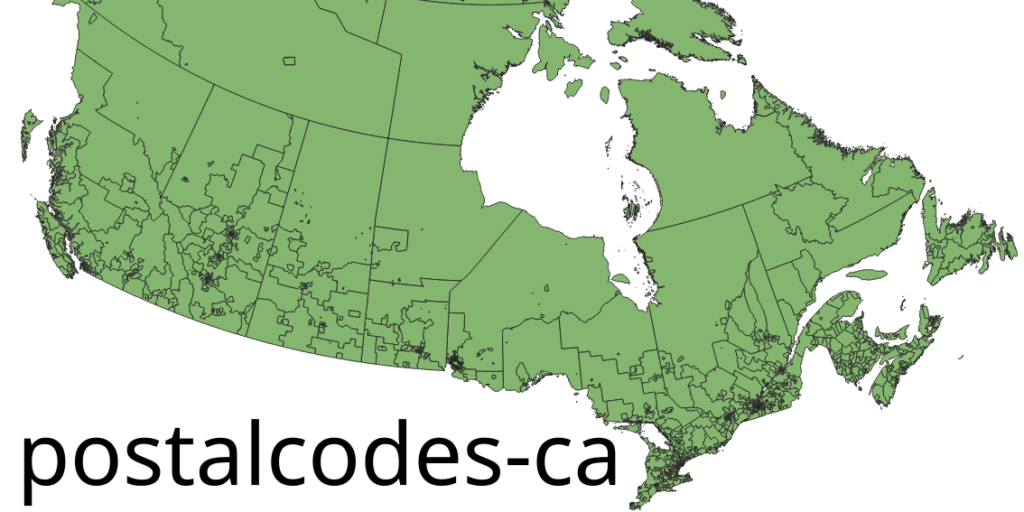In Canada, postal codes offer a unique and privacy-compliant method for marketers to segment audiences and refine targeting strategies without compromising individual privacy. As businesses increasingly rely on data to understand and engage with their audiences, respecting consumer privacy has become paramount. Unlike more granular data, such as exact GPS coordinates, postal codes provide valuable insights at a sufficiently broad level, making it difficult to identify specific individuals while still offering useful patterns and demographic information.
A key reason postal codes are considered privacy-compliant in Canada is due to their aggregated nature. Postal codes cover relatively small geographic areas, often encapsulating several households or businesses, but not down to an individual level. This aggregation provides marketers with insights into consumer behavior within specific regions, such as purchasing trends, commuting patterns, and local preferences, without revealing the identities or precise addresses of individuals. As a result, marketers gain a sense of neighborhood-level trends, which can be especially effective for local targeting and regional campaigns, without crossing privacy boundaries.

Furthermore, postal code data aligns well with Canada’s stringent privacy laws, such as the Personal Information Protection and Electronic Documents Act (PIPEDA). Under PIPEDA, organizations are required to obtain consent before collecting personal information, and they must ensure that the information collected is necessary and proportionate to their objectives. Since postal codes do not directly identify individuals, they often fall within acceptable data practices when used for marketing purposes, particularly when consent is challenging to obtain on an individual level. In this context, postal codes serve as a compliant middle ground, giving marketers access to location-based insights without necessitating personal data that would require explicit consent.
The use of postal code data also supports a more respectful and sustainable approach to marketing. By focusing on broader geographic trends instead of personal identifiers, brands can create campaigns that feel less invasive while still being relevant to consumers. For instance, a local retailer could use postal code insights to identify high-interest areas for a specific product line or service and then create targeted offers or advertisements for those regions. This approach helps companies foster customer trust, as it shows a commitment to privacy while still delivering personalized, relevant marketing messages.
In an age where data privacy concerns continue to grow, Canadian businesses are finding that leveraging postal codes can strike the right balance between effective marketing and consumer respect. This aggregated, region-specific data allows brands to target their efforts thoughtfully and responsibly, enhancing customer relationships and brand reputation while aligning with Canada’s robust privacy standards.






